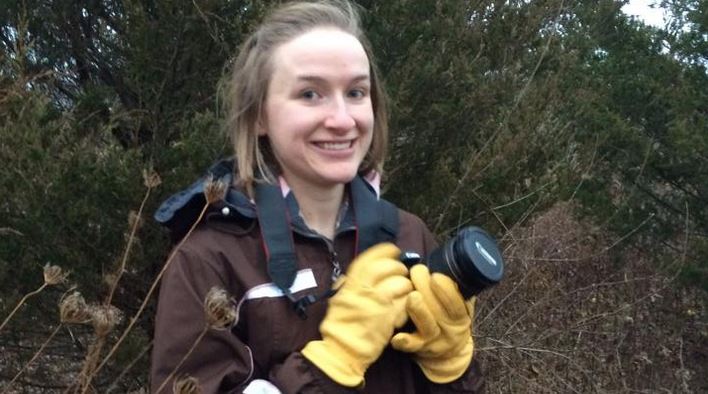Article: http://www.theglobaldispatch.com/freedom-from-religion-group-targets-ncaa-basketball-teams-for-having-chaplain-82735/
Recently, the Freedom from Religion
Foundation threatened to file lawsuits on a handful of public universities that
have religious chaplains assigned to sports teams. The list of schools includes some big names
like Louisville, Wichita State, Kansas, Maryland, Oklahoma and Virginia. Some schools openly fund a team chaplain
while other universities use techniques to avoid suspicion of religious
establishment. Some schools try to give
more secular meanings to these job titles.
For example, Virginia has a coach listed as the “Director of Player
Development” who spoke later at Liberty University on the importance of people
finding themselves through Jesus rather than perseverance and hard work. In addition, Oklahoma has Scott Thompson
listed as a Character Coach. At first
glance, this title might appear to mean a coach devoted to keeping team spirit
high. However, character coaches are
associated with the religious organization
“Nations of Coaches” which has bible verses on its website and a whistle
with a cross as its logo. Wichita State
also has a coach associated with the Nations of Coaches organization. The head coach of the Louisville basketball
team named his friend, who happens to be a priest, the team’s unofficial
chaplain. Kansas University has a
chaplain who retired from the NBA to change the lives of athletes “with the message
of Jesus Christ”. The University of
Maryland also openly employs a pastor as their chaplain. He happens to be associated with the Nations
of Coaches, too.
In Virginia’s case, I believe the
Freedom of Religion Foundation would need more evidence to support their case
for an Establishment violation here.
Accusing the school of using a misleading job title to portray secular
purposes might be true. However, saying
the coach spoke at another university on his belief of Jesus is not enough
evidence to support any violation here.
I believe they must find inconclusive proof, such as forced team
prayers, to have a case for an establishment violation here. In addition, if the coach has all the
necessary credentials, like the Kansas chaplain that quit the NBA, it would be
even harder to prove any violation.
There is no law against hiring a coach with the necessary credentials
and allowing him to speak his mind on religion matters. However, Kansas listed this man as a
chaplain. Therefore, I believe the Freedom from Religion Foundation would have
a case here for an establishment violation because it is for the purpose of
further aiding religion. I believe they
also have a case for a violation by Oklahoma as well as Wichita State, who both
chose to use more secular job titles like Virginia did. The reason these are better cases for
establishment is because these coaches are listed as Character Coaches. Although this title might seem facially
secular, it is directly linked to the religious organization Nations of
Coaches. Therefore, the public
university’s funds, which come from the hard work of people from all different
religious and nonreligious backgrounds, shouldn’t cover the salaries for these
coaches. This is why the Freedom from
Religion Foundation would also have a great case for an establishment violation
against the University of Maryland. Here
is a case of a publicly funded university openly paying a pastor as their
chaplain who happens to be associated with the Nations of Coaches, as
well. Finally, I do not think the
Freedom of Religion Foundation would have a great case against Louisville. Although he is a priest, it is unofficial
because the school does not pay him. I
believe it is fine to have an unofficial team chaplain if some of the players
and coaches enjoy having one to go to when they feel the need. However, like I said about the Virginia case,
any evidence of forced prayer or similar activity could bring lawsuits for
violations of the Establishment and Free Exercise Clauses, whether this
particular chaplain is officially connected to/paid by the school or not. Any coach hired by a school must be there for
the secular purpose of coaching basketball.








